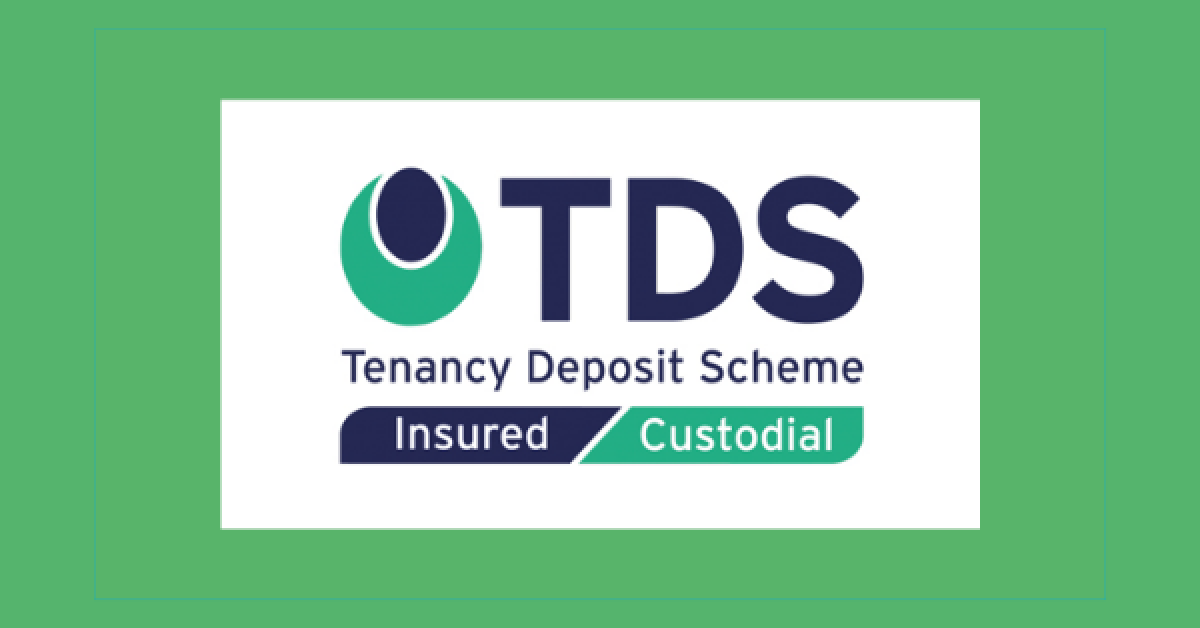

Blog: Essential evidence in a tenancy deposit dispute
Ever wondered how an adjudicator reaches their decision when dealing with a deposit dispute? Tenancy Deposit Scheme (TDS) explains what you’ll need to support your case.
Dispute resolution comes down to evidence. An adjudicator can’t make a decision based on hearsay or opinion; they need hard facts.
Adjudicators will not seek or ask for further evidence when assessing a case. It’s down to the landlords and tenants to support their claim with everything from signed check-in reports, inventories and check-out reports to photos, email conversations, contractor reports and receipts.
Presenting a case properly and supplying sufficient evidence can make all the difference during a deposit dispute and because this knowing what evidence to submit is important knowledge for landlords to know.
What is an adjudicator looking for?
It helps to think like an adjudicator when raising a claim.
The adjudicator thought process:
- What is this claim for? (i.e. cleaning, redecoration, etc.)
- What are the tenant’s obligations? (i.e. what’s explicitly mentioned in the tenancy agreement and what they are responsible for under general law)
- Did the tenant fail to meet those obligations? (look for evidence in check-in and check-out reports, rent statements, dated photos, email conversations, etc.)
- If so, what loss did this cause the landlord, allowing for fair wear and tear?
- What evidence has the landlord or agent produced to quantify their loss? (invoices, quotes, receipts, etc).
Beware of betterment
Don’t get caught out by betterment issues. Landlords are not allowed to make monetary claims that would put them in a better financial position than at the start of the tenancy.
Case study
A case dealt with by a real TDS adjudicator highlights the importance of making sure sufficient evidence is provided in when making a claim.
In this case a landlord claimed the full deposit for a number of different items with varying levels of evidence.
The landlord firstly claimed for a small amount towards the repair of a damaged gate. It was claimed that the catch to the gate had broken during the tenancy and that the tenants had allowed it to swing open and shut in high winds, causing the gate to smash.
An adjudicator will check to make sure the condition of items (such as gates) are well documented in the check-in and check-out reports. In this instance, the condition of the gate was omitted from both reports meaning the adjudicator could only award the landlord a compensatory amount.
In a second more substantial claim, the landlord had replaced a spotlight in the hallway and found there was a leak from the shower tray in the bathroom above. In instances such as this, it would be useful to provide adjudicators with contractor reports from professionals such as electricians and plumbers as they could provide the causes of certain issues. In this case the landlord did not receive an award as the contractor reports that were provided showed that the tenants were not at fault for the damage.
The landlord also claimed for severe mould damage to the bedroom window. The landlord had referred to a surveyor’s report which claimed this was due to the tenant’s lifestyle. The adjudicator reviewed both the check-in and check-out reports and was initially unable to make an award to the landlord as they did not provide any evidence that suggested that it was due to the tenant’s lifestyle however, Adjudicators can take into account omissions by the tenants. For example, in this case the adjudicator recognised that mould could have been prevented if the tenants regularly wiped down the curtains and because of this the landlord was awarded a contribution towards the curtains.
Key pointers to take away:
Check-in and check-out reports are essential documents that enable an adjudicator to compare the condition of the property at the start and end of the tenancy. In the first case, the check-in and check-out reports did not record all items, which undermined the landlord’s claim. Make sure check-in and check-out reports are detailed and properly completed.
Most tenancy agreements contain an obligation on the part of a tenant to report issues as and when they know, or should have known, about a problem. Make sure tenants know when they are expected to report problems to the landlord.
Contractor/expert reports can be very helpful in establishing the cause of damage. The more specific they are, the more helpful they are likely to be in supporting or defending a claim. In the second case, the contractor’s report did not establish the tenant’s liability and it was evident that the tenant could not have known there was a leak to report. If you have third-party reports, or any other evidence in support of a claim or to defend a claim, make sure that you submit them as evidence.
Top dispute tips from TDS
We’ve been dealing with tenancy deposit disputes since 2004 . So let us guide you, here’s our top tips for landlords:
You must clearly show the adjudicator:
- What exactly is being claimed for
- How much is being claimed for and why
- Why you think you are entitled to be paid
- That the amount you are claiming is justified and reasonable. You can do this by completing your Dispute Application or Dispute Response clearly and supporting it with the evidence mentioned above.
Join the many landlords using TDS’ beneficial features and service to make their lives easier. To start protecting deposits with TDS please click here.
Further information
If you are unsure what your rights are as a landlord or would like to know more about how an adjudicator makes a decision about tenancy dispute claims, the TDS information lounge is filled with useful case studies, guides and FAQs on tenancy deposit protection.
NRLA members can access these resources for free along with discounted deposit protection rates with Tenancy Deposit Scheme (TDS), via their NRLA account. Learn more here: NRLA member rates.
